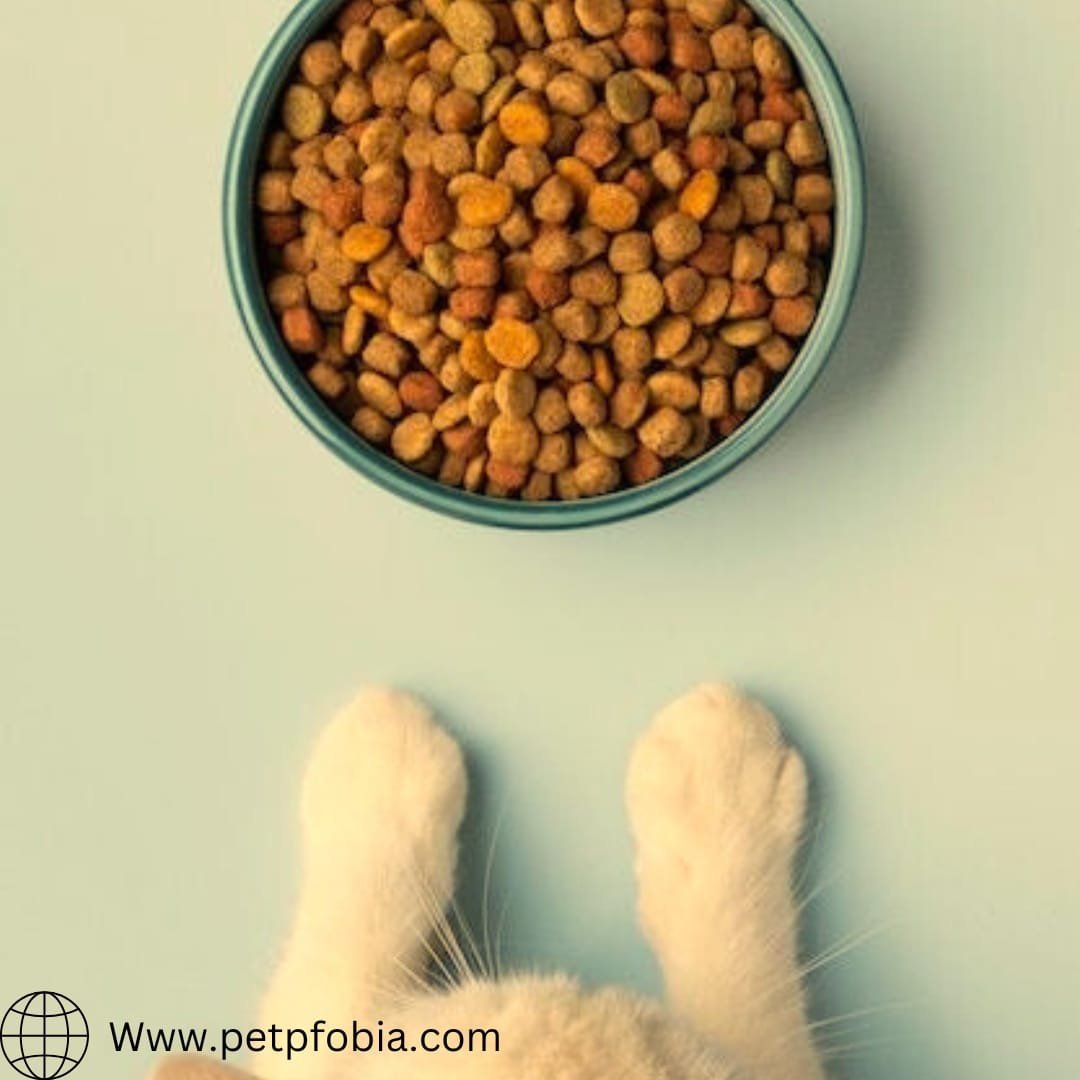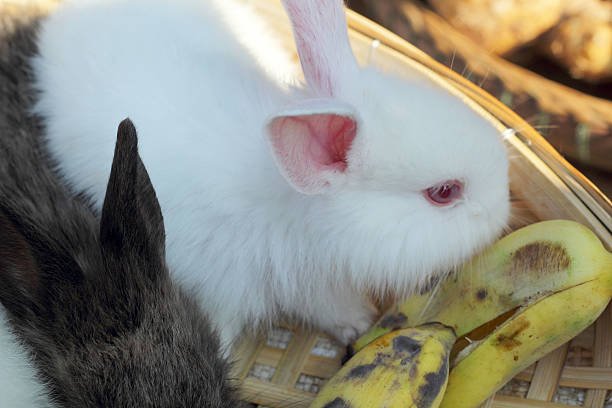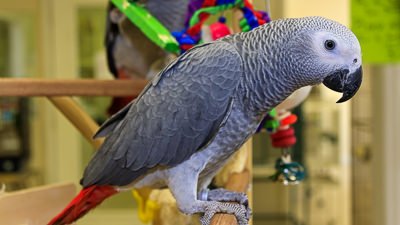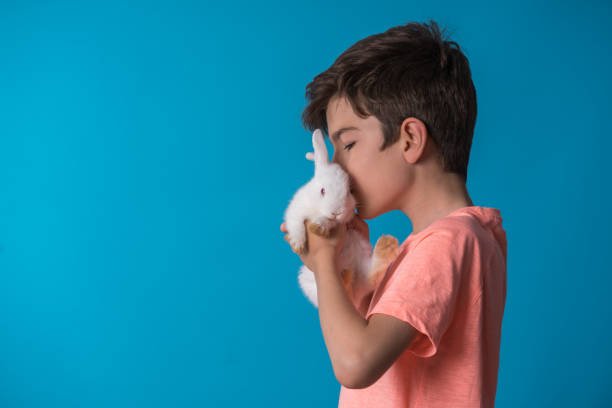Table of Contents
ToggleIntroduction to Kidney Care for Cats
Cats are popular pets, and being a pet owner, the welfare of the cat is important to us. Kidney disease is known to be a widespread ailment that ails cat’s health, especially when the cat is advancing in age.
Taking proper measures that will help ensure that our cats’ kidneys are healthy will help given the common nature of such diseases in felines. In this useful article,/questions/section, you will learn all the useful information on cats kidneys, including, prevention, treatment, and diet.
Understanding Kidney Function in Cats
The kidneys are organs present in the body of a cat and have special functions of filtering toxins from the blood, maintaining fluid and electrolyte balance. The primary problematic organ in the failure of which these toxins accumulate within the body include the kidneys.
There are two principal forms of the kidney disease in cats:
AKD: Refers to a situation where the kidney malfunctions within a short period, and can be as a result of toxin in the body, infection, or lack of sufficient fluid in the body.
Chronic Kidney Disease or Chronic Renal Disease (CKD): A common progressive and irreversible kidney disease most often affect old cats.
Signs and Symptoms of Kidney Disease in Cats
Kidney disease if diagnosed early it will be so easy to manage and the results will be significant. These are warning signs that one could be suffering from a kidney related problem:
- Increased thirst and urination
- Weight loss and decreased appetite
- Lethargy and weakness
- Vomiting and diarrhea
- Bad breath with a chemical smell
- Poor coat condition
- These are some of the symptoms you should take your cat to the vet especially in order to get proper diagnosis and treatment.
Causes and Risk Factors of Kidney Disease in Cats
Thus, several factors serve as causes of kidney disease in cats:
- Age: CKD is commonly seen in aged cat.
- Inherited problems: Such breeds as stay involved in kidney problems and include Persian and Siamese cats.
- Diet: Phosphorus-rich diet and low moisture diet poses a great challenge to the kidneys.
- Toxins: Ingestion of harmful substances such as antifreeze, lilies, or certain medications.
- Infections: Some bacterial or viral infections can result in lesions in the kidneys’ tissues.
How to Prevent Kidney Disease in Cats
This saying more or less implies that it is much better to take appropriate measures in advance before actual harm is caused rather than waiting for something negative to happen and then trying to fix the problem. Here are some of the things you can do to minimize the risks that are linked to kidney ailment in your cat:
Give Adequate Supply of Fresh Water: This is very important to the kidney especially in their functioning. To enhance water consumption in your cat, you can use water fountains or wet food to lure your cat into drinking more water.
Sample tips include: Ensure that your cat receives a well balanced diet by purchasing good, high quality range of non-carnival cat food with adequate amounts of phosphorus.
Prevent Cats From Climbing: Cats should not be allowed to climb beds, countertops, tables, or any other place where they may harm themselves since they have the tendency to jump to high places and can fall, cause damage to our household items or injure itself.
Annual Health Examinations: These enables the veterinarian to check for general body conditions that may signify kidney disease.
Sustain a Good Body Weight: Obesity makes one become a candidate for kidney disease among other diseases.
Blood and Urine Check: It can be done for screening before the onset of symptoms show Kidney function.
Diagnosis and Treatment of Kidney Disease in Cats
Diagnosis
Some of the diagnostic tests used by veterinarians to evaluate the kidney’s condition include the following:
Blood tests: BUN and creatinine; examine increased blood levels of urea nitrogen and creatinine.
Urinalysis: determines the concentration and look for proteins or any sign of infections.
Ultrasound/X-rays: Identifies abnormalities in kidney size and structure.
Treatment Options
Management of the disease depends with the degree of severity in a given individual. Although, acute kidney disease can be cured, chronic kidney disease is a lifelong ailment.
An ideal fluid therapy facilitates the elimination of toxins and prevents the condition of dehydration.
- Special Diets for Pets: Low-phosphorus / kidney-support diets assist with easing the animals stress on the kidneys.
- Such drugs: antihypertensive agents, phosphate binders, drugs for nausea and vomiting.
- SUpplements: Omega 3 fatty acids, probiotics and antioxidant may help in kidney treatment.
The owner must take the animals for regular veterinary check-ups so that the treatment can be reviewed time to time to make a change if required.
Best Diet for Cats with Kidney Disease
Because the kidney disease can affect a person’s diet in many ways, it is important to have proper nutrition for the condition. Here are some dietary recommendations:
Regular Diet: Phosphorus is one of the elements that are hard on the kidneys, and hence; Low phosphorus foods will have a better impact on the body and the kidneys.
Another parameter is moderate Protein intake: Although protein is healthy for a cat it is not necessary to give them much of it as it is not easy on the kidneys.
Omega-3 Fatty Acids: extracted from Fish oils, these have the effect of helping in minimizing inflammation of the kidneys.
There is always an augmentation of water in canned foods, and this aspect makes wet foods good sources of water.
Low Sodium Intake: assists to control /stabilize blood pressure and the functioning of the kidneys.
- Popular commercial kidney diets include:
- Hill’s Prescription Diet k/d
- Royal Canin Renal Support
- Purina Pro Plan Veterinary Diet NF Kidney Function
It is always important to seek the advice of a veterinarian before changing the feed of your cat.
Home Care Tips for Cats with Kidney Disease
One needs to understand that having a kidney diseased cat is not an easy thing you should expect a typical response from the cat. Here are some symptoms that can be used to enhance their comfort:
- Ensure Hydration: Provide water huggies commercially available water bowls or a pet water fountain.
- Elevated Food Bowls: Easily decreases the pressure when feeding.
- Bow Movement: Pay attention to the frequency of urination and bowel movement among the cats.
Lack of stress should be encouraged so that the condition is not exacerbated.
Maintain medications and Supplements: Follow the prescriptive orders of your vet as regards medications and supplements.
Final Thoughts
The care of kidney in cat is important more especially when the cat grows older. Having this knowledge about the factors, signs, and ways on how to avoid such illness, your feline friend will lead a healthy and long live. Regular vet check-ups, a proper diet, and a stress-free environment play key roles in kidney health. If there is any slightest indication of a kidney problem, it is wise to consult the vet instantly.
So, it would be best to stay vigilant and knowledgeable when taking care of your cat to make sure that it lives a healthy happy life with its kidneys functioning to the best of its abilities.





